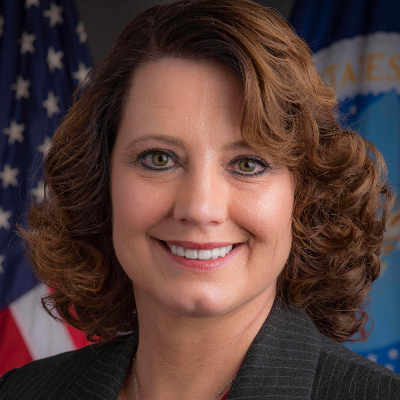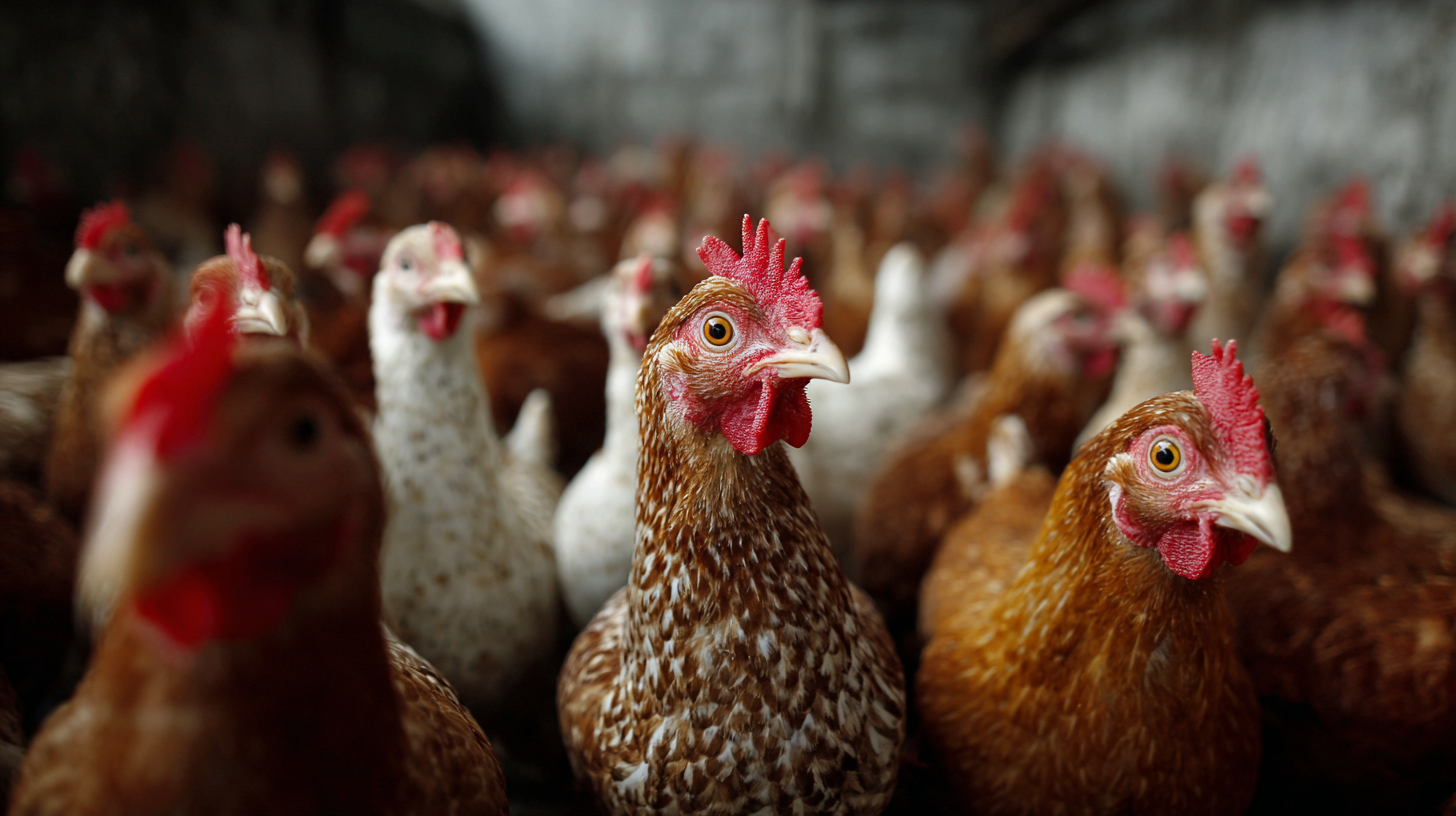The International Food Information Council (IFIC) conducts ongoing online surveys of U.S. consumers. The Washington D.C.-based organization recently released survey results for the periods of March 13-27, 2025, and June 7-13, 2025, with respondents weighted to ensure proportional results.
At the risk of mixing results from the two public opinion sweeps, the surveys reveal data on food safety in the current climate. The IFIC aims to measure and track the knowledge, attitudes, and beliefs of U.S. consumers regarding food safety-related topics.
The IFIC surveys have just recorded a historic low in Americans’ confidence in the safety of the U.S. food supply, with just 55 percent expressing any confidence. Americans by a 72 percent margin are OK with the ingredients in the foods and beverages they purchase, indicating they are more secure about food safety in what they choose for themselves than they do about the food supply overall.
“Trust in our food supply cannot be taken for granted — it must be continually earned,” said IFIC President & CEO Wendy Reinhardt Kapsak, MS, RDN. “With growing consumer demand for transparency and accountability in how food is produced and regulated, we have a real opportunity to improve how we communicate about safety, from ingredients to recalls. With September marking National Food Safety Education Month, there’s no better time to elevate this conversation.”
The IFIC began measuring American confidence in food safety in 2012, with 20 percent being very confident about the safety of U.S. food and another 58 percent being somewhat optimistic about American food safety.
In 20 years, it has seen those numbers drop to only 55 percent of Americans reporting feeling very confident (11 percent) or at least somewhat confident (44 percent) in the safety of the U.S. food supply in 2025.
“In recent years, the erosion of confidence has been sharp,” IFIC reports. “For the second consecutive year (70 percent in 2023, 62 percent in 2024), overall confidence in the safety of the U.S. food supply is down significantly. For the third straight year, those who report being “very confident” (11 percent) have decreased significantly (24 percent in 2022, 17 percent in 2023, and 14 percent in 2024), approaching the 2016 historical low of 10 percent.”
IFIC’s confidence in the safety of the U.S. food supply has also fallen dramatically across nearly all demographic groups compared to 2024. The decline is most notable among Gen Z, those with higher household incomes, men, and Asian Americans.
Survey respondents have also shared with IFIC why their confidence in food safety is waning. Among those reporting they are not too confident (30 percent) or not at all confident (11 percent) in the safety of the U.S. food supply, the top reasons include believing profit is prioritized over safety (reported by 59 percent), not believing everyone across the food system is working together to ensure safety (54 percent), not believing the federal government’s regulations on safety are strict enough (46 percent), and the number of recalls (43 percent).
Those who still have confidence in the safety of the U.S. food system also believe (49 percent) that it is everyone working together to ensure safety.
Other key findings from IFIC research include:
- Americans expect to hear first from the media about recalls of foods they regularly buy.
- Three in four Americans believe that food recalls are increasing.
- Three in four Americans have recently been aware of a food recall.
- Among those who recently heard about a food recall, more than six in ten first heard about it from traditional or social media.
- Americans think fresh meats, poultry, seafood, fruits, and vegetables are the foods most often involved in recalls.
- Nearly half of Americans believe that federal government agencies are responsible for informing the public about food recalls.
- When shown a hypothetical food recall notice, the affected company or products were ranked as the most important information.
- Nearly three in four Americans agree that private information provided for grocery shopper loyalty cards should be used to alert individuals if they purchased recalled food.
- Two in three Americans are interested in signing up for text message alerts that would let them know when a food recall has been issued.
(To sign up for a free subscription to Food Safety News, click here.)








